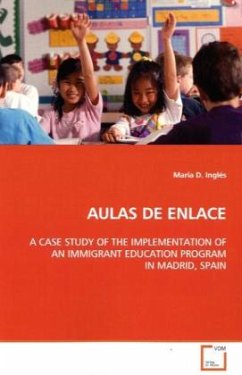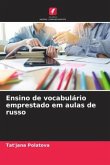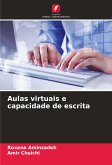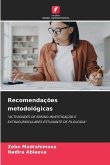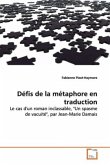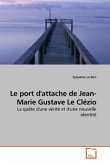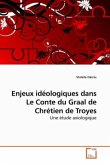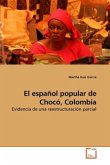The immigrant population has increased dramatically
in Spain over the last two decades. This increase
has translated into a growing number of immigrant
children in the school system, resulting in a rapid
and continuous process of diversification in the
student population.
This study investigates the implementation of an
immigrant education program, the Aulas de Enlace, in
the Autonomous Community of Madrid, Spain. The
phenomenological case study design resulted in a
description and an implementation evaluation of the
program by reporting the experiences and views of the
participants (students, teachers and administrators)
through questionnaires, interviews, naturalistic
observations and document analysis. Data were
analyzed and interpreted in relation to the research
literature in the area of immigrant education and
second language acquisition to provide a
comprehensive analysis of the program s value to
various stakeholders.
This study underscores the importance of giving voice
to the constituents of educational innovations. In
doing so, I hope to promote conversation that will
lead to more thoughtful and informed policy making
and practice.
in Spain over the last two decades. This increase
has translated into a growing number of immigrant
children in the school system, resulting in a rapid
and continuous process of diversification in the
student population.
This study investigates the implementation of an
immigrant education program, the Aulas de Enlace, in
the Autonomous Community of Madrid, Spain. The
phenomenological case study design resulted in a
description and an implementation evaluation of the
program by reporting the experiences and views of the
participants (students, teachers and administrators)
through questionnaires, interviews, naturalistic
observations and document analysis. Data were
analyzed and interpreted in relation to the research
literature in the area of immigrant education and
second language acquisition to provide a
comprehensive analysis of the program s value to
various stakeholders.
This study underscores the importance of giving voice
to the constituents of educational innovations. In
doing so, I hope to promote conversation that will
lead to more thoughtful and informed policy making
and practice.
